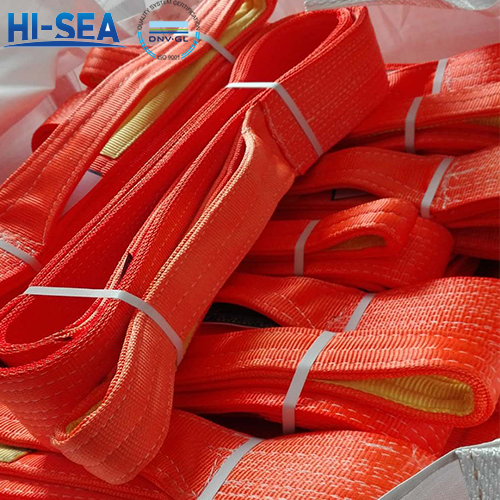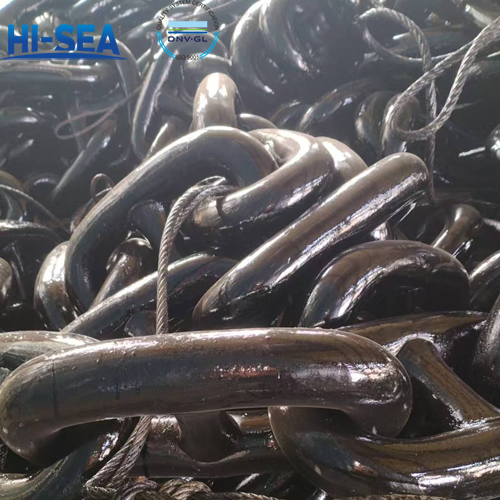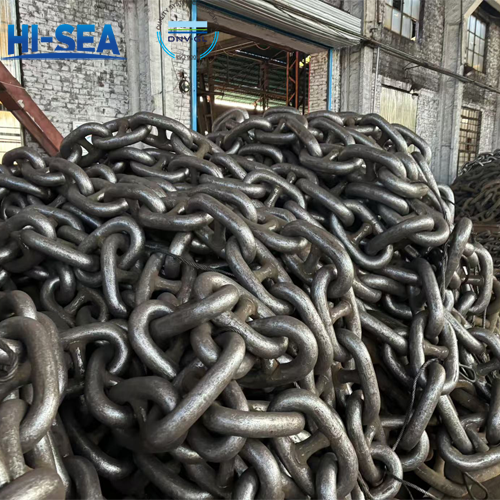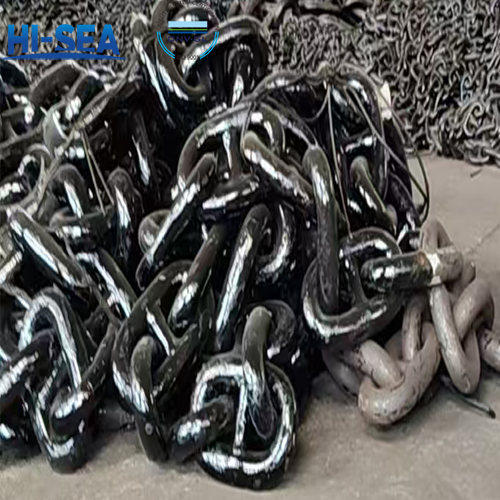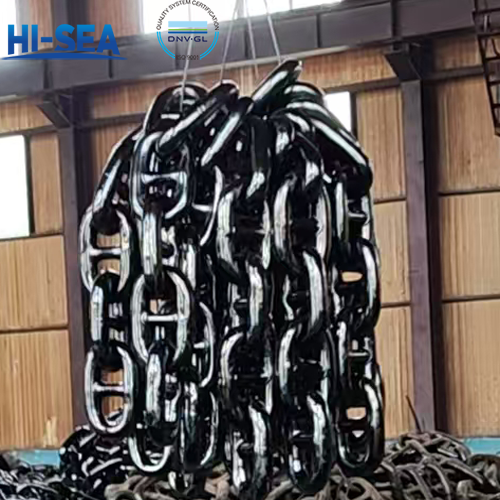
What Is The Difference Between Polypropylene And Polyester Slings?
Polypropylene webbing is suitable for limited applications, while polyester webbing is an excellent choice for outdoor use. Polypropylene is a synthetic fiber derived from the refining of petroleum as a byproduct of propylene. Polyester, on the other hand, is a synthetic fiber produced by the condensation polymerization of organic diacids and diols, resulting in a polyester fiber, which is a polymer.
Overview
Polyester webbing slings
1. Polyester fibers are stronger than polypropylene fibers, with better resistance to aging.
2. Good water absorption and abrasion resistance. Its abrasion resistance is second only to nylon, surpassing other natural and synthetic fibers.
3. Polyester is the most heat-resistant fabric among synthetic fabrics, with a melting point of 260°C. However, polyester fabrics have poor resistance to melting and can form holes when exposed to sparks.
4. Polyester fabrics have good resistance to light and various chemicals. They are not significantly affected by acids or alkalis, are resistant to mildew, and are not susceptible to insect damage.
Polypropylene webbing slings
1. Polypropylene has very low moisture absorption, with a near-zero moisture regain rate under atmospheric conditions. Its main characteristic is its lightweight texture and low production cost. Polypropylene webbing is resistant to oils, chemicals, and acids.
2. However, polypropylene fibers have poor heat stability, are not resistant to sunlight, and are prone to aging and brittleness. It is not recommended for heavy-duty use due to its lower melting point.

